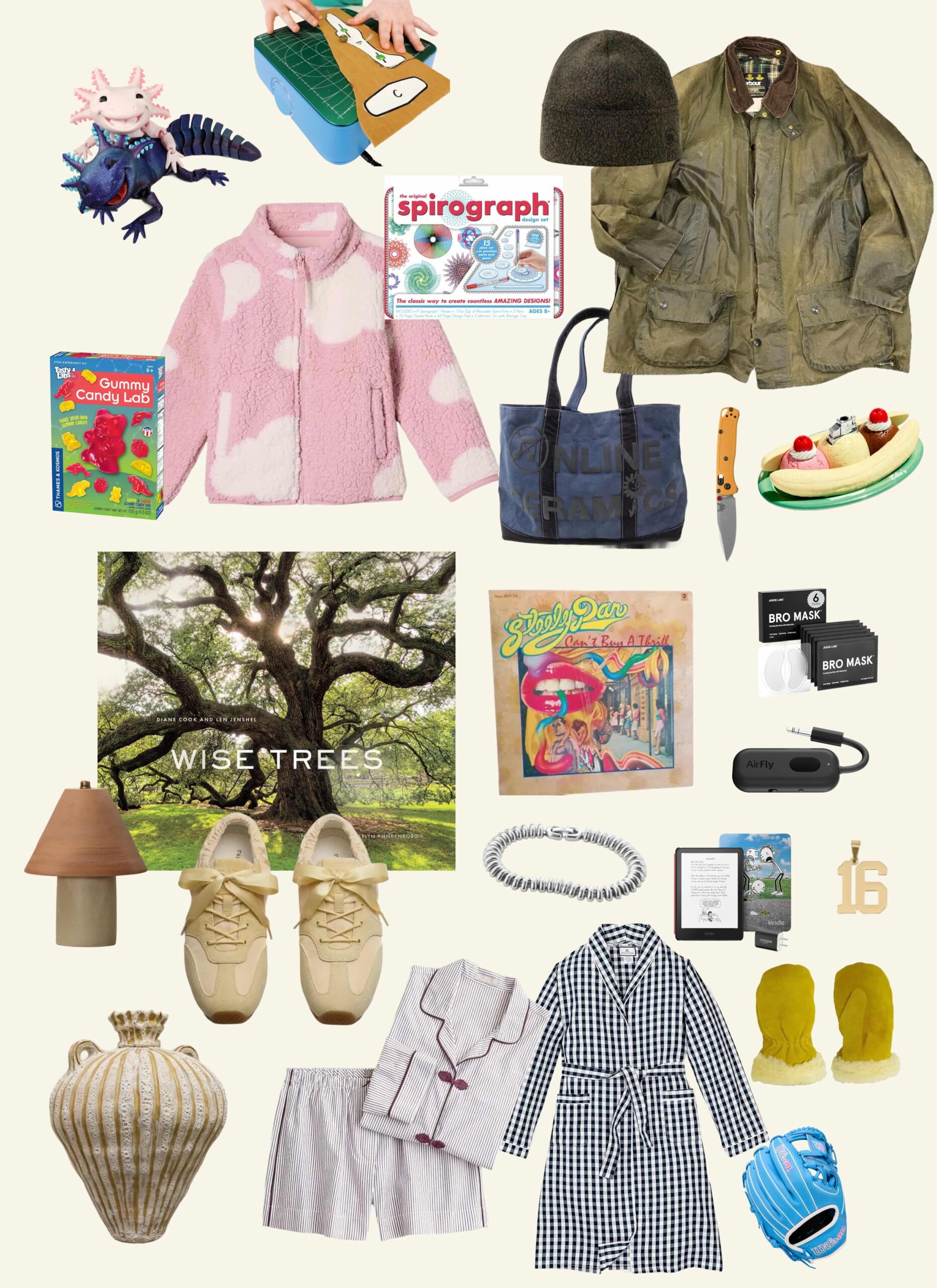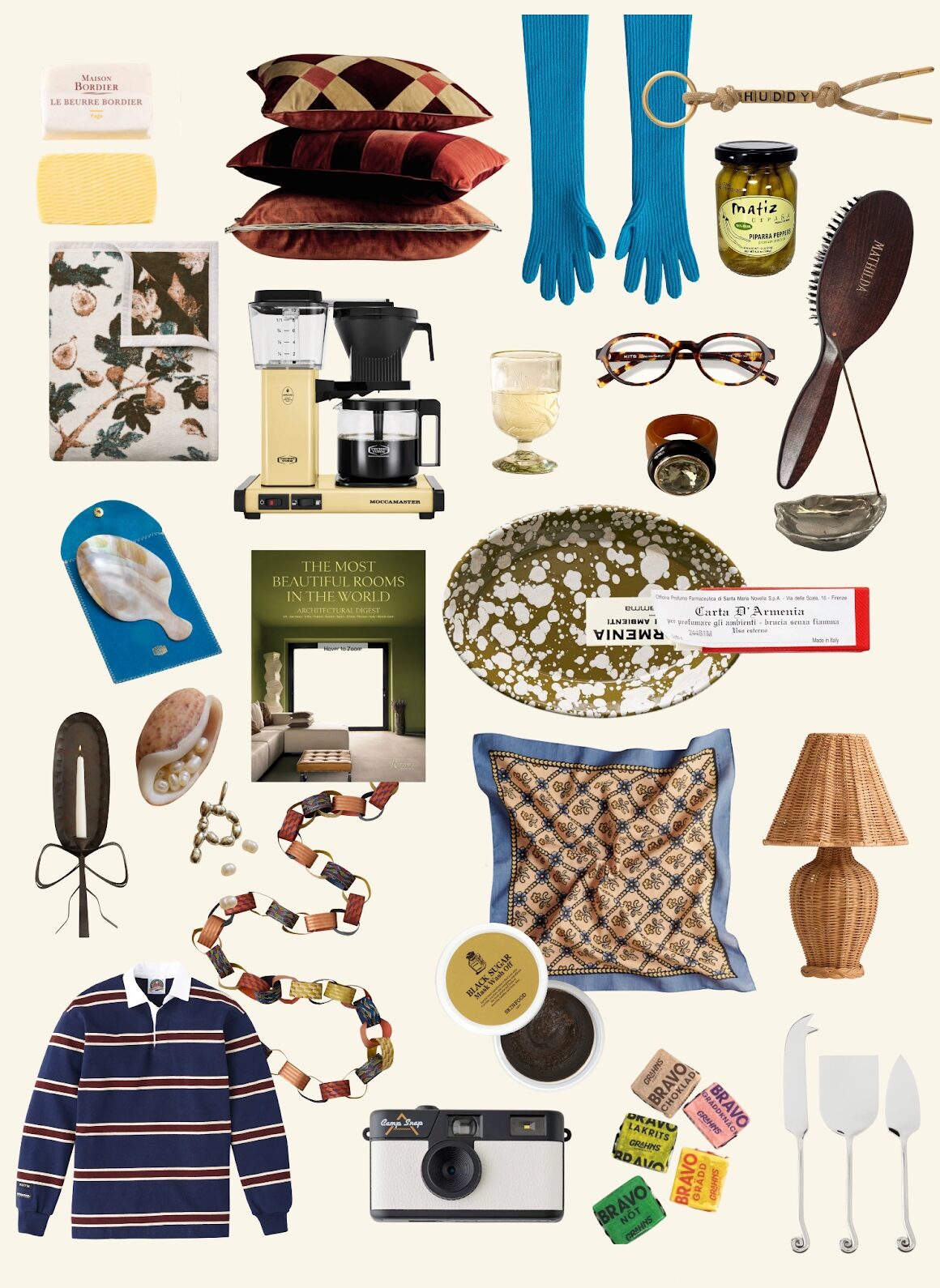

This week on the Wit & Delight Podcast, in line with our October theme, we are talking with Dr. Anna Roth about the topic of natural beauty—from embracing our unique talents all the way through to grappling with body image issues.
I have had a long, tumultuous history with accepting my body, like most women out there. I have swung all the way from having an eating disorder in college to really feeling like the physical manifestation of being thin and fit was the best attribute about myself. After having children, and having 30 pounds hang on after giving birth to the second child, I had to confront not only how I saw myself but also how others now viewed me. I had to deal with losing the identity I once felt I had, and with feeling truly invisible at some points, especially as a mother.
The truth is, we’re all going to get older and our physical manifestations are not always going to be a point of value—they cannot be our entire identity. It’s not a matter of fighting against that fact; it’s a matter of learning how to accept it. Anna and I are delving into a number of facets surrounding the topic of natural beauty in today’s episode, and I’m so excited to share it with you.
Read a portion of our interview below, and listen to the entire episode on The Wit & Delight Podcast! You can also listen to our first episode with Dr. Anna Roth here, where we discussed what it means to be a holistic therapist, how to find the right therapist, and what to expect as you begin the healing process.
Name: Dr. Anna Roth
Occupation: Holistic PhD Psychologist and Registered Yoga Teacher
Website: Dr. Anna Roth
Instagram: @drannaroth
About Anna: Dr. Anna Roth is passionate about integrative and embodied treatment approaches to mental health. She thrives at identifying root causes and providing strategic intervention that is as multidimensional as the humans she helps. She is currently working in private practice in Minneapolis and accepting new clients both in-person and online. To learn more about her modern mental health program for women, click here.
Today we’re talking about the idea of natural beauty. As we begin to dive into this conversation, what are some of your initial thoughts on this topic?
Dr Anna Roth: In terms of my own journey, I relate to a lot of what you shared about your story—having an eating disorder and recovering from that, and trying to find a way to exist in the world that is constantly selling us and telling us that we need to look different and look better. But something that I’ve really come to believe more and more is that beauty is energy. And I’m sure you listen or know someone who is objectively beautiful. We all know people who are objectively beautiful, but it can be kind of two dimensional if there isn’t that spirit or that life force or that energy behind it.
Something I think about when I think of this idea of natural beauty is cultivating your vibration—cultivating a positive orientation toward life and cultivating an orientation of self-acceptance, and how everything gravitates or evolves from that place. To me that is really truly what is beautiful. Thinking about it that way has been helpful for me. Because trying to go about it the other way—the external to the internal—never works.
Rationally, for me, that was where I wanted to start, after giving birth twice. Like, okay, you gained all this weight, it’s not coming off; let’s try to love it, you know? And for the people who already knew me, they never viewed me as this person who was 30 pounds heavier than I was 20 years ago. They never looked at me differently. But I think what was so interesting was that strangers definitely looked at me differently than they did before.
Dr. Anna Roth: I hear from my female clients all the time—especially some of my older female clients—that they feel invisible or that they just keep becoming more and more invisible with time. And it makes me think about how important it is to not anchor ourselves in impermanent characteristics; to not anchor our worth in things that change, our appearance and body being one of them. Instead, anchor your worth on things that you can control—your character, your kindness, the things that you have some influence over.
It makes me think about how important it is to not anchor ourselves in impermanent characteristics; to not anchor our worth in things that change, our appearance and body being one of them. Instead, anchor your worth on things that you can control—your character, your kindness, the things that you have some influence over. – Dr. Anna Roth
So many women anchor their worth in aspects that we have limited control over, like our domestic status. Are we partnered or not? Are we able to get pregnant or not? Are we a certain size or not? So many of those factors we have limited control over and then we beat ourselves up because we’re not fitting the bill.
We take for granted all of these things that come so naturally to the feminine energy—caring for people, showing kindness, providing organization, creating a sense of community. It’s almost like because they come so inherently to us and they’re not valued externally, we kind of forget their power. And I love how you said that some characteristics are impermanent. Our physical manifestations are impermanent, our cognitive sharpness is even impermanent. But our ability to care for people and to help other people shine are things of value.
What are some ways that we can bring new narratives into appreciating the gifts and the light that will not depreciate over time?
Dr. Anna Roth: One of the things is this idea of choosing our diet in terms of what we pay attention to and the types of media and information that we consume. A long time ago as part of my recovery I stopped consuming any kind of body-based or beauty-based shape magazines or other related content. Because I realized the message I was getting from them was that I wasn’t okay. And that might even extend as far as who you follow on Instagram or other social media outlets—just being really thoughtful about the types of information you’re consuming.
I think another thing that helps is to get mad. One exercise I’ll have people do a lot is add up how many minutes in each hour or in each day they think about what they’re eating, what they’re not eating, what their body looks like, if they’re fat, if they’re not fat, if their skin looks good, whatever. If that’s an hour, then extrapolate that into a day, extrapolate that into a year, extrapolate that into your lifetime. We are losing years of our life to thinking about this. So it’s crucial to have an internal boundary to say, I am not going to think about this. It is not worth thinking about.
Exactly. And focusing on traits that do positively compound over time. I think that’s why having creative habits is so great. They allow the ability to focus in on your purpose, and to look at ways you can improve.
For instance, I started playing the guitar as a way to keep my brain sharp. It was an activity I took on for no one other than myself, and to play for my kids. It’s not something I do to perform; I’m not going to go and do an Instagram tutorial on how to play. I just need it to be for the act of feeling like I’ve done something that I’m still, hopefully, going to be able to do when I’m 90.
Dr. Anna Roth: I love that. Another idea—and one that relates to parenting as well—is I make a point to not focus on my friends’ appearances and I make a point to not comment on kids’ appearances. Especially little girls.
Yes, I know. I find myself saying, “Hi, beautiful!” And I think that’s probably how it starts from such a young age, you know? Even with August I’ll say things like, “Hi, handsome boy!” And you realize how often you say things like that when you’re just trying to connect and how much it’s maybe been internalized by your own parents too.
How do you compliment friends when it’s not about their appearance? What are some good examples of that?
Dr. Anna Roth: Well we don’t have to be black and white about it. If you really liked a friend’s outfit, it’s okay to say you like it, but it’s also important to comment on their character or how much you appreciate something that they do for you.
YES. Or, “I love the work that you’ve been doing,” or something like, “You look really happy today,” or even, “Oh, you’re glowing.” But even then, some of these are framed around, “You look like…” It can be so hard to shift our mindset around how we give compliments because it’s so automatic.
Dr. Anna Roth: One of the practices I invite people to do too is to make this shift from self-objectifying eyes to self-loving eyes. Oftentimes when we go to the mirror we go through a quick checklist in our heads. We look at ourselves and think, What’s wrong, what’s wrong, what’s wrong, what’s wrong?
And then we feel shame about that.
Dr. Anna Roth: Of course! It’s kind of our go-to thing. And so one thing you can try is to picture someone that you love and the way that you see them. Close your eyes and picture them in your mind. Think of all the reasons you love them, and then open your eyes and try to see yourself the same way. See your spirit, see the essence of who you are, and let that be the focus. And you might consider not even looking in the mirror at all or as often.
I think a lot of us stuck in the comparison trap, and I think we sort of do it as a prosperity thing. We look to be with people who have abundance, and sometimes having good looks means that there are more available partners, you know? Like we’re kind of wired to ask, “Who should I be pairing myself with?” And then the question becomes, “What don’t I have that they have?”
What advice do you have for people who are caught in the comparison trap?
Dr Anna Roth: We are wired to stay in the tribe, and that can be reflected in wanting to follow trends or have the same body as the people in our circles or get work done or whatever. But I think it’s key to continue to hold this idea that every person is up against similar challenges and it’s almost an act of violence to judge others and to compare yourself to them negatively. It’s good to practice giving others self-acceptance, as you also practice giving the same to yourself.
Hear more of our conversation with Dr. Anna Roth here:
And please share with your friends and subscribe to the Wit & Delight Podcast wherever you listen!


Kate is the founder of Wit & Delight. She is currently learning how to play tennis and is forever testing the boundaries of her creative muscle. Follow her on Instagram at @witanddelight_.
BY Kate Arends - October 2, 2019
Most-read posts:
Did you know W&D now has a resource library of Printable Art, Templates, Freebies, and more?
take me there
Get Our Best W&D Resources
for designing a life well-lived




Thank you for being here. For being open to enjoying life’s simple pleasures and looking inward to understand yourself, your neighbors, and your fellow humans! I’m looking forward to chatting with you.
Hi, I'm Kate. Welcome to my happy place.


















[…] Dr. Anna Roth right here, the place we speak about the subject of treatment, and our 2nd episode right here, the place we speak about the subject of herbal good […]
[…] episode with Dr. Anna Roth here, where we discuss the topic of therapy, and our second episode here, where we discuss the topic of natural […]
[…] with Dr. Anna Roth right here, the place we speak about the subject of treatment, our 2d episode right here, the place we speak about the subject of herbal good looks, and our 3rd episode right here, the […]
[…] with Dr. Anna Roth right here, the place we talk about the subject of treatment, our 2nd episode right here, the place we talk about the subject of herbal attractiveness, our 3rd episode right here, the […]
[…] first episode with Dr. Anna Roth here, where we discuss the topic of therapy, our second episode here, where we discuss the topic of natural beauty, our third episode here, where we discuss the topic […]